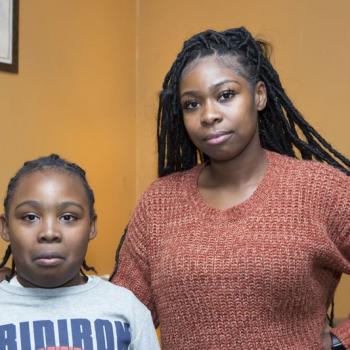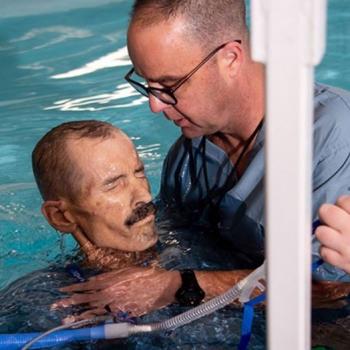
This just makes you sit up and go “Wow.” Read on:
Dawn Loggins returned from a prestigious academic camp last summer and discovered her parents had abandoned her.
So she did the only thing she knew. She adjusted.
She went to live with a friend’s mother. She took a part-time job as the custodian at her school, starting work at 6 a.m., two hours before classes began at Burns High. She carried toothpaste, toothbrush, shower soap and shampoo in her bag, because taking a shower was a matter of opportunity.
Federal studies estimate 1.4 million students in the United States are homeless. Officials at Burns High say about a half-dozen of their 1,100 students are without a home.
Studies show many homeless students drop out, sometimes turning to crime. A few make it to college.
Dawn Loggins is going to Harvard.
“There were a lot of things outside Dawn’s control,” says Robyn Putnam, a counselor at Burns High and one of many people who have tried to fill the gap left by parents who weren’t there. “But Dawn learned that succeeding in school was something she could control.”
With nothing less than an A-minus, Loggins, 18, has beaten the odds and will graduate Thursday with the other 300-plus seniors from her northern Cleveland County high school.
Her story has attracted national attention. CNN plans to be at the graduation ceremonies at Gardner-Webb University.
But, Loggins says, “It’s not the end for me – just another step.”
She has reached this point despite:
• Having to study by candlelight and by wearing an overcoat on nights when the power had been turned off at her family’s home.
• Dealing with the embarrassment of wearing the same dress to school several days in a row in middle school, going days without a shower, and walking with her older brother to the town park with buckets, to get water from the public spigots.
• Moving from house to house, from school to school, frequently adjusting to new surroundings and classmates.
“This might seem strange,” she says, “but I love my parents. My mother, in her way, believes she did the best for us. My stepfather tried to support us. My grandmother taught me a lot.
“They meant well.”












